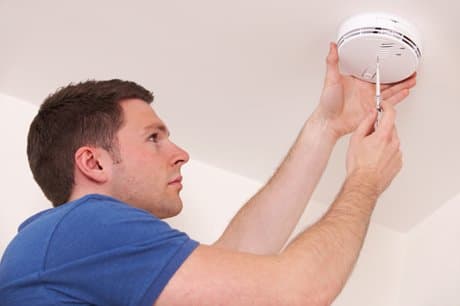10 Essential Home Fire Safety Tips
Fire safety is an incredibly important issue, particularly in the family home - read our ten steps to prevent serious house fires occuring

Fire safety is an incredibly important issue, particularly in the family home - read our ten steps to prevent serious house fires occuring

Compare moving quotes in 4 simple steps